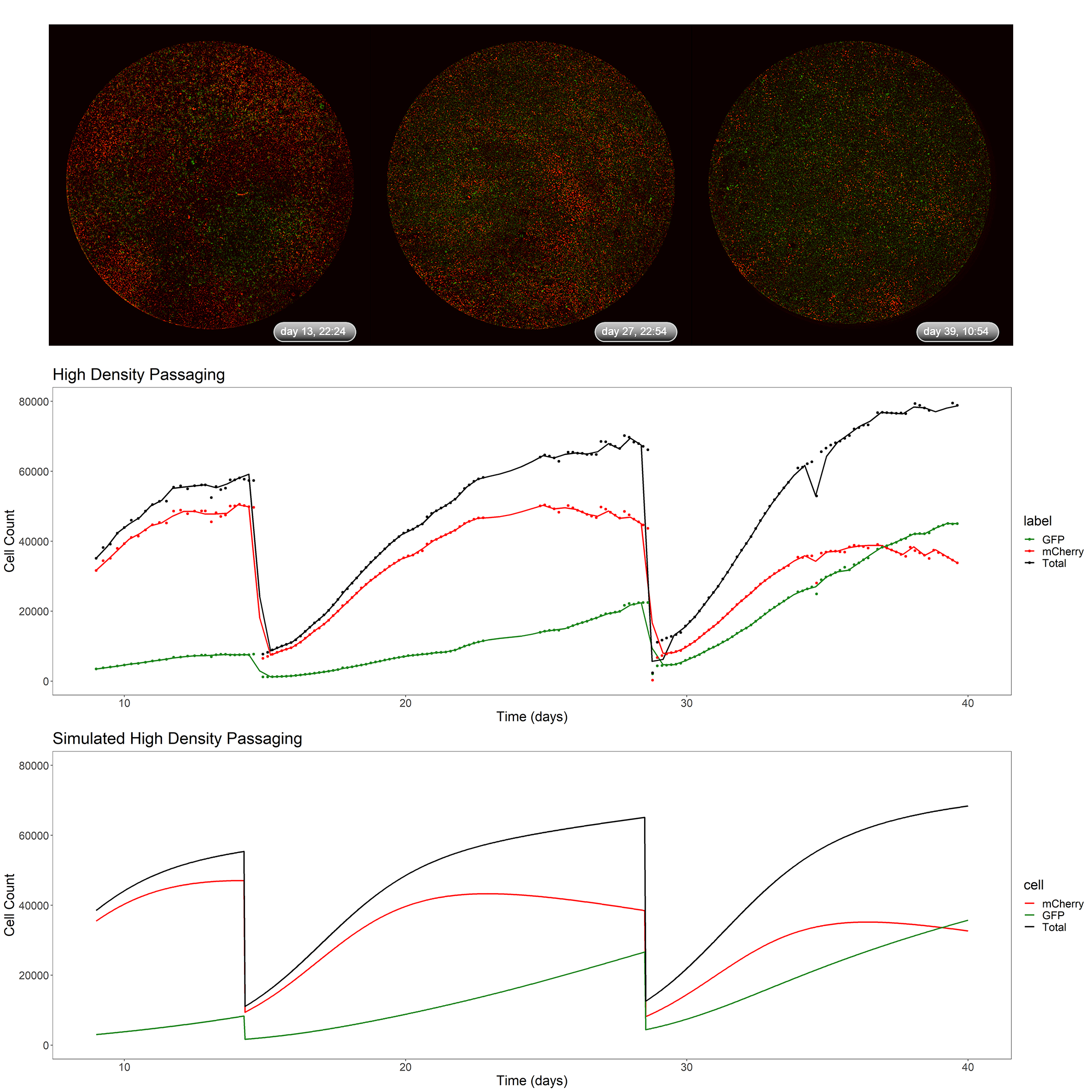
Andrea 'Didi' Gardner
Didi is a graduate student researcher advised by Professor Amy Brock who came to the Department of Biomedical Engineering in 2018. Before graduate school, she obtained her B.S. in Bioengineering:Biotechnology from UCSD, and then worked with Weill Cornell Medicine and Cornell University to develop low-cost diagnostic kits for virally-driven cancers.
Her current research focuses on the integration of quantitative single cell technologies with mathematical modeling to better understand the fundamental drivers of tumor heterogeneity. Her work is focused on two questions: (1) Do unique phenotypes within clonally-derived cell populations interact? Viewing the tumor as an ecosystem of cells, we ask -- Are subpopulations of cells interacting with each other and if so, as friend or foe? (2) What is the role of cell-cell fusion in tumor growth, maintenance, and cellular diversity? Cell-cell fusion is a fundamental biological process that was first noted in cancer in 1911, yet little progress has been made toward understanding its role in tumorigenesis and maintenance. By combining live cell imaging, RNAseq, and mathematical modeling we seek to reveal the story of the cancer fusion cell.


